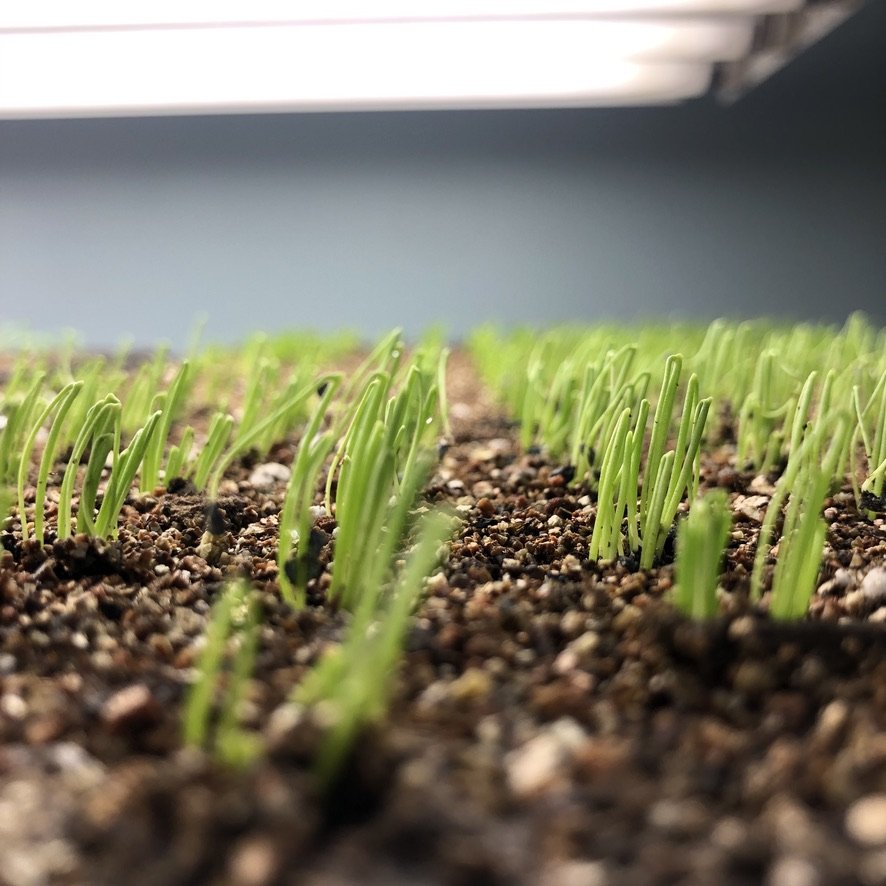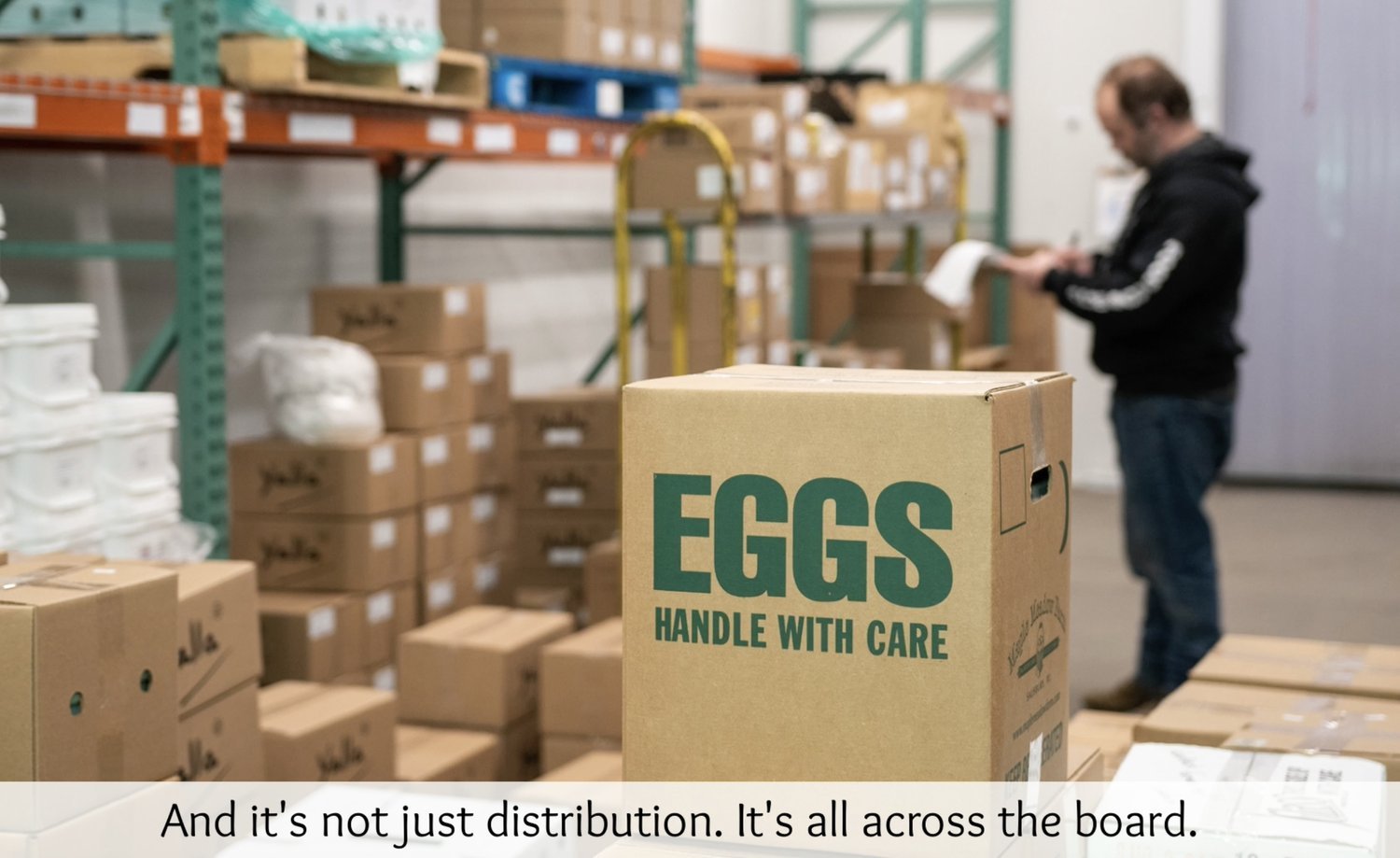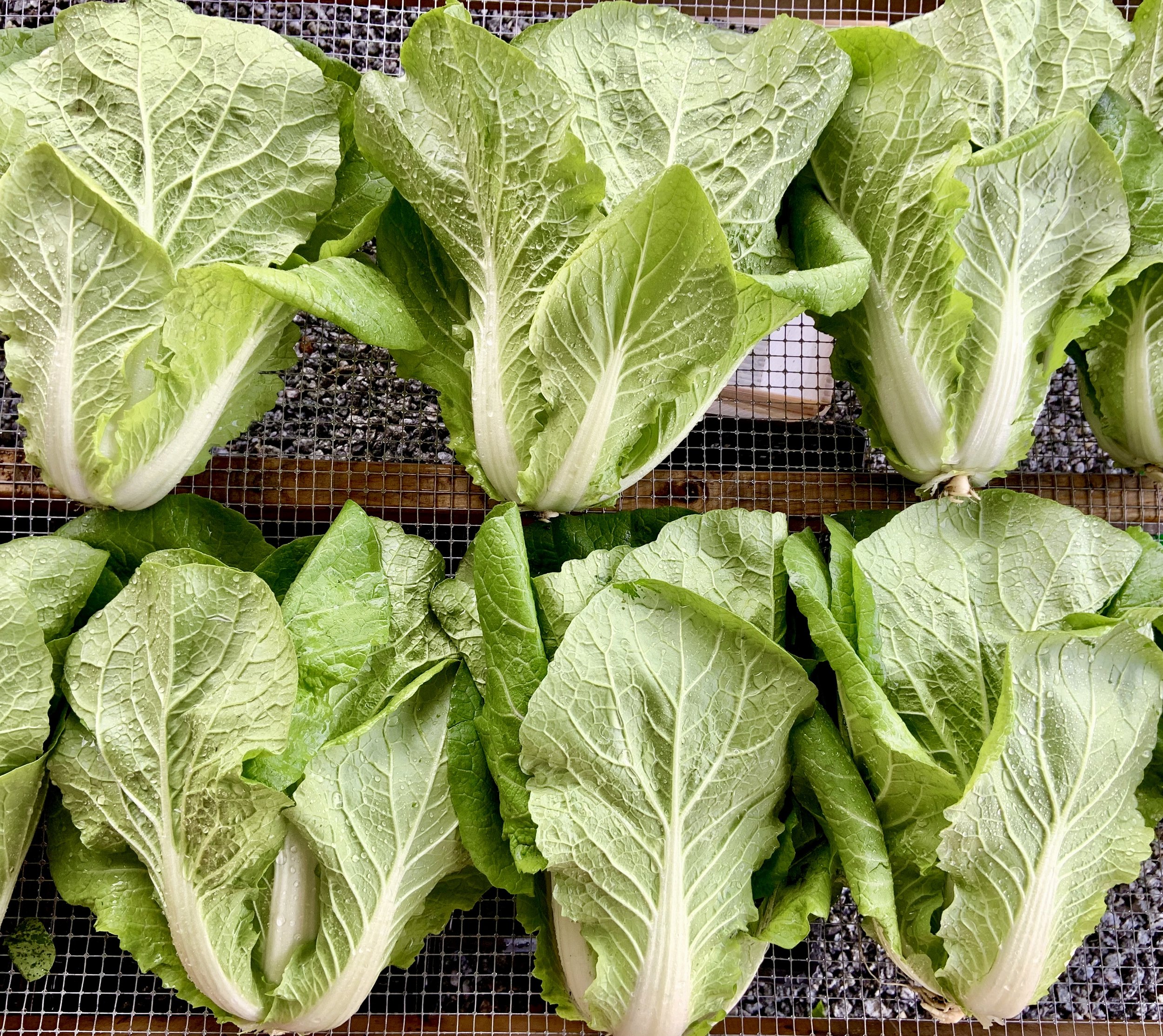
Blog
Deep dives into both timely and timeless food system topics

Introducing the 2025 New Hampshire Food & Agriculture Strategic
Join us, the NH Food Alliance, the NH Department of Agriculture, Markets, and Food, and all the people working across New Hampshire’s food system as we celebrate the official release of the 2025 New Hampshire Food and Agriculture Strategic Plan!
The plan exists both in print and as an interactive online platform, offering a wealth of information and recommendations for harnessing the power of collaboration to strengthen our food system.
Kearsarge Food Hub is honored to have contributed to the authoring of this Strategic Plan, alongside the expertise and guidance of hundreds of food system professionals.

A Decade of Impact and an Exciting New Loyalty Program!
As the sun shines and the January freeze bites at our noses, we’re celebrating ten amazing years at the Kearsarge Food Hub!
From our humble beginnings at Sweet Beet Farm Stand, our journey has been fueled by the unwavering support of our loving community, passionate supporters, and dedicated team.

2024 Love Local: Rebuilding the Middle of the Food Supply Chain
The 4th Annual Love Local event here at the Kearsarge Food Hub focused on folks in the middle of the food chain.

2023 Love Local: Meet Your Farmers + Makers Recap
2023 was a particularly challenging growing season for New England farmers and food producers, given the extreme weather events across the region and increasingly unpredictable weather patterns.

5 Awesome Reasons to Eat Local
When we support local food and farming operations, we are contributing to a more resilient and connected community where all neighbors are empowered to access healthy local food, local farmers are supported and the land is nourished, and all people share a common sense of place!

NH Eats Local Part 3: How we live free + eat local.
Here we are at the end of August and the end of NH Eats Local month. This month we’ve explored KFH origins, community, how we create access to local foods, economic impact, farm-based education programs, and the team that makes it all possible.

NH Eats Local Part 2: Economy, Farm Education, & Team
August is NH Eats Local Month and we’re taking a moment to celebrate our local food system and the people that make it possible.

NH Eats Local Part 1: Origins, Community, Access.
August is NH Eats Local Month, a fantastic time to savor the bounty of our local food system and celebrate the people who make it all possible.

Developing a Food Hub Network In New Hampshire
We know that to work toward greater food and farm security for the Kearsarge area, we must work in partnership with statewide and regional food system efforts.

The Power of Local Food Systems
As summer memories fade and fall shines bright outside our windows, we reflect on last August’s NH Eats Local. The Kearsarge Food Hub, New Hampshire Food Alliance, and many other organizations spent the month championing the wonderful web of local food that New Hampshire has to offer.
